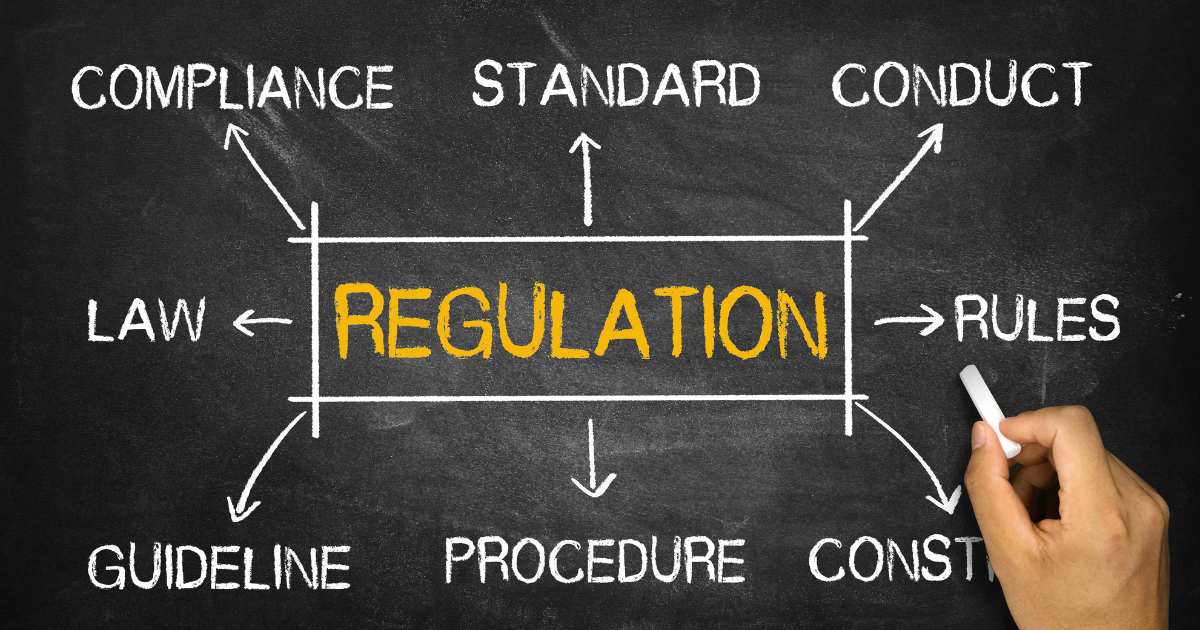
Most entrepreneurs find it daunting to register a company. They would rather stay informal not realising that other aspects would keep their business from growing or being successful.
Entrepreneurs need to register their own companies, it legitimates their business allows entrepreneurs to benefit from tax and financial advantages, and gives legitimate backing to operate within the borders of South Africa.
This article will provide significant answers to FAQs about registering a company in South Africa.
What is a Company?
A company is a legal entity formed by a group of individuals who engage in and operate a business. A company may be organised in various ways for tax and financial liability purposes depending on the corporate law of its jurisdiction.
What is the First Step in Forming a Company?
The first step for an entrepreneur to register a company in South Africa is to choose a business name and register it with the Companies and Intellectual Property Commission (CIPC). After the name has been registered the company must be incorporated by submitting a Memorandum of Incorporation (MOI) to the CIPC. The MOI outlines the company’s rules and regulations, explains the roles and responsibilities of its directors, and creates its relationship with shareholders.
What Types of Business Entities Can be Registered in South Africa?
In South Africa, various types of companies can be registered, each with its unique characteristics and requirements. The different types of companies in South Africa are:
Private Company (Pty) Ltd
A private company is the most familiar type of company in South Africa. It is a legal entity that is separated from its shareholders and directors. It has a limited liability as shareholders’ liability is limited to the amount of their investment in the company.
Public Company (Ltd)
A public company is listed on a stock exchange and may offer its shares to the general public. It must have at least three directors and seven shareholders. A public company may raise capital by issuing shares or bonds to the public.
Non-Profit Company (NPC)
A non-profit company is a company that is created for a public benefit or charitable purpose. It is not created to make a profit, and any additional income is used to cater to its further objectives.
Personal Liability Company (Incorporated Association)
Its members have unlimited liability, meaning that they are personally liable for the company’s debts.
Sole Proprietorship
A sole proprietary company is a business that is owned and operated by an individual. A sole proprietorship’s owner is responsible for making decisions, receiving all the profits, and claiming all losses.
Partnership
A partnership is a company where there is a relationship between two or more persons who join together to carry out a trade, a business, or a profession. The partners are jointly liable for the debts of the partnership.
What Documents Are Needed to Register a Company?
Name Reservation: Entrepreneurs need to reserve a unique name for their company through CIPC.
Company Registration Form (CoR14.1A): This document entails the proposed name of the company, proof of address and postal address, the number of the directors, and their contact details.
Memorandum of Incorporation: This document regulates the company rights, duties, and responsibilities of directors, shareholders, and any others involved in the company.
Identity Documents: Copies or Identity documents or passports of all directors and other members of the company.
Declaration by directors (CoR14.1A): A form signed by each director stating they give consent to being appointed as director.
Application for registration (CoR51.1): This form applies for the registration of the company,
Notice of incorporation: (CoR14.1): This form notified the CIPC about the incorporation of the company.
Payment registration fee: The amount of name reservation and company registration, needs to be payable to CIPC.
How Long Does it Take to Register a Company?
According to the Online PTY Registration, a name reservation takes between seven to 21 days. A company certificate can be registered within five days afterwards, depending on whether you have submitted your documents on time, and the workload of the registrar’s office.
What are the Costs Associated with Registering?
The minimum cost is the CIPC fees which are R 50 to reserve a name and R 175 to register the company. However, it is much easier to pay a little more and get professionals to do the job.
Step-by-step Guide for Voluntary Deregistration
Step 1: Ensure you have tax and annual returns compliance documents.
Step 2: Gather supporting documents.
Step 3: Submission
Submit the deregistration letter and supporting documents to deregistrations@cipc.co.za.
Incentives or Benefits for Registering a Company in South Africa
1. Credibility: Entrepreneurs can attain credibility and trust from their customers and other businesses. Potential clients and other businesses and governments often prefer a company that is formally registered, especially when applying for contracts or tenders.
2. Your new company name: When you have your business name registered, it becomes trademarked, and no other business can use the same name.
3. Growth: A registered company can be allocated shares that investors can buy to raise capital for your company.
4. Funding: It becomes seamless to apply for a loan, or funding from banks or other funding institutions by having company registration documents
Even though entrepreneurs can find it difficult to get their businesses formalised and registered, entrepreneurs need to conduct proper research on what type of company they want to venture into. Furthermore, they need to follow the processes and register their business entities to obtain business and grow efficiently and successfully.






